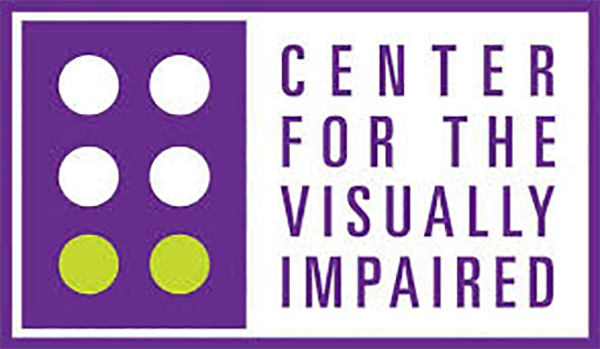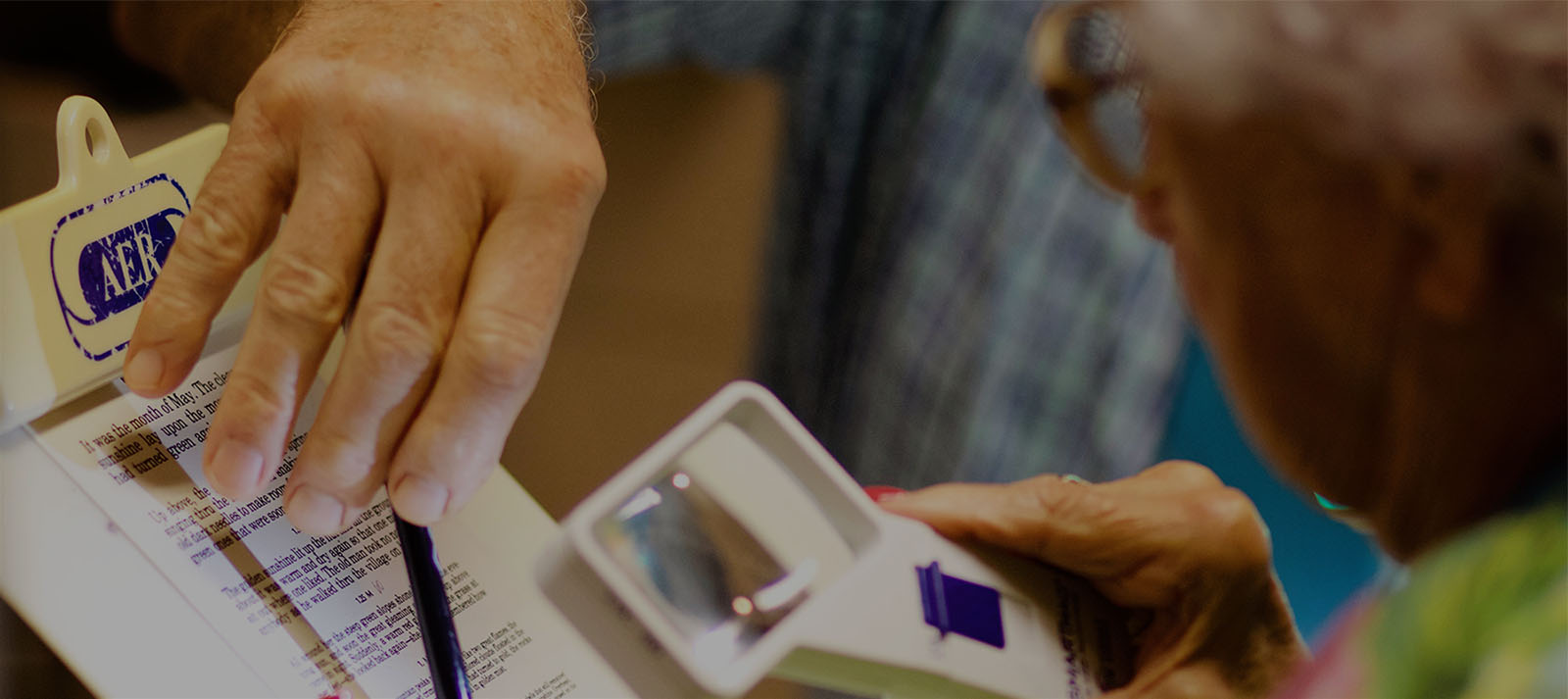Early Diagnosis and Rehab Services are Key to Living with Low Vision
Millions of Americans, including many older adults in metro Atlanta, are affected by low vision. Low vision can make it hard to do everyday things like reading, shopping, cooking, or writing. And it can’t be fixed with eyeglasses, contact lenses, medications, or surgery. But there’s good news! Vision rehabilitation can help people with low vision stay independent and make the most of their sight.
Low Vision Awareness Month, which is recognized each February, is the perfect time to raise awareness about low vision and vision rehabilitation services here at the Center for the Visually Impaired.
First, let’s talk about what some of the early signs of low vision are. You might be dealing with low vision if you are having difficulty with the following activities even when wearing your glasses or contact lens:
Recognizing the faces of family and friends
Reading, cooking, sewing or fixing things around the house
Selecting and matching the color of your clothes
Seeing clearly with the lights on or feeling like they are dimmer than normal
Reading traffic signs or the names of stores
According to the National Eye Institute, these could all be early warning signs of vision loss or eye disease. They say the sooner vision loss or eye disease is detected by an eye care professional, the greater your chances of keeping your remaining vision.
What can you do if you are diagnosed with low vision? Start by reaching out to a vision rehabilitation organization like the Center for the Visually Impaired (CVI). At CVI’s Florence Maxwell Low Vision Clinic clients receive a thorough exam to assess their vision challenges. The doctors conduct an evaluation of all aspects of daily living to learn more about a client’s specific vision challenges and assess if glasses, magnifiers or other optical aids would be beneficial to improve their visual function. Devices such as large closed captioning televisions, small pocket magnifiers or audio equipment can all be used to assist someone with low vision needs.
The exam is followed by a visit with the low vision occupational therapist who will work with the client to develop a plan to support the goals of the individual through education and training of devices, non-optical aids and simple strategies to maximum vision. In addition, they are provided information about community services and resources available to people with low vision including support groups and other services provided by CVI that may help them continue to get back to work as well as live independently.
In addition to a low vision evaluation and OT services, individuals who come to the Center for the Visually Impaired also receive assistance with vocational rehabilitation like orientation and mobility, computer training, and job placement support. It is our hope that each client departs the Low Vision Clinic with a wealth of information, assistive devices and a restored faith in their independence and quality of life.
In honor of Low Vision Awareness Month, the Low Vision Clinic staff will set up an information table outside CVI on February 17 from 9 a.m. to 4 p.m. so stop by to learn more about the services we provide. You can also check out the devices and products that we carry in the VisAbility Store that can make life easier for you or your loved one living with vision loss. If you can’t make it by, you can also call 404-875-9011 for more information.

